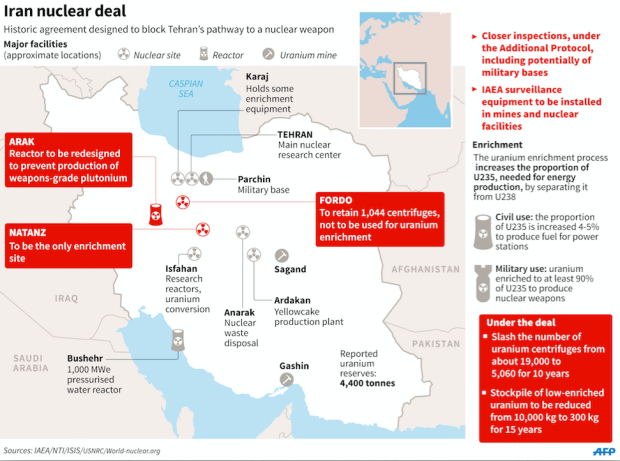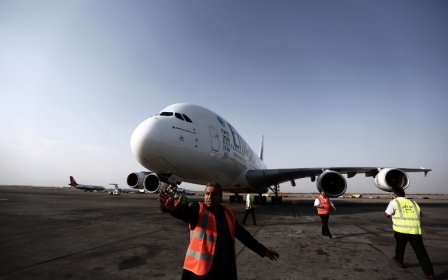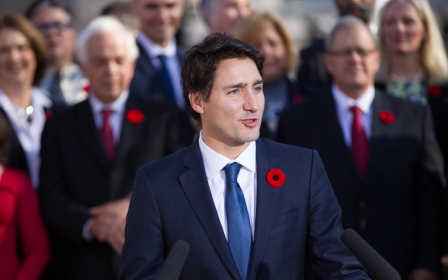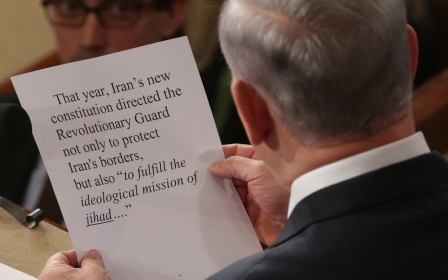Canada plans to lift economic sanctions as part of Iran nuclear deal
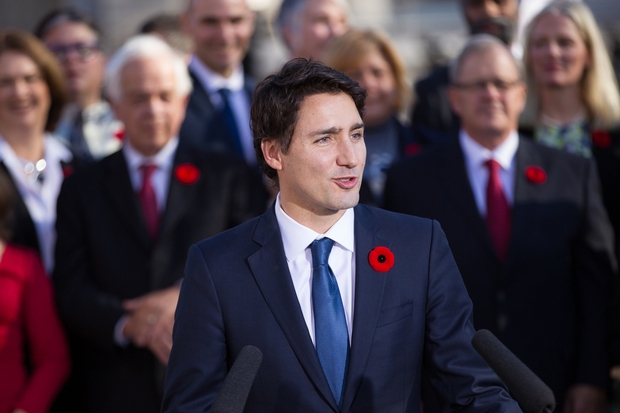
Canada will follow the US and the EU's lead in lifting economic sanctions against Iran in order to allow market access for Canadian businesses like plane builder Bombardier, Foreign Affairs Minister Stephane Dion said on Tuesday.
"Canada will remove those sanctions," Dion said in response to questions in the House of Commons.
Outside parliament, Dion later told reporters that lifting sanctions would allow Canadian companies to join EU and US firms now rushing to do business with Iran.
"If (Europe's) Airbus is able to do it, why would Bombardier not be able to do it?" the minister asked.
"In which way it's helping Canada or the Iranian people or Israel or anyone that Canada is hurting its own industry?"
No timeline or details were given. Dion only said that sanctions would be lifted "in a speedily fashion".
The announcement comes weeks after a deal reached between Tehran and world powers came into force, allowing the US and the EU to begin lifting economic barriers brought in over Iran's nuclear programme.
Prime Minister Justin Trudeau has signaled openness to also restoring diplomatic relations with Iran, saying Tehran has made "significant movement" toward dismantling parts of its programme that the West feared could have led to the manufacture of nuclear weapons.
Canada broke diplomatic ties with Iran in 2012.
At the time, the previous Tory administration issued a strongly worded attack on Iran’s support for Syrian President Bashar al-Assad’s government, its "incitement to genocide" against Israel, and its leaders' failure to account for their nuclear programme.
Ties were also strained by Tehran's jailing of Iranian-born Canadians. Iran does not recognise dual nationality and authorities have denied Canadian detainees consular protection.
In 2013, Ottawa imposed a near-total trade embargo on Iran that included economic sanctions and travel restrictions against 78 officials and 508 organizations.
Dion chastised the previous Tory administration for having cut diplomatic ties with Tehran, calling the move "ideological and irrational," while touting engagement instead.
"Whenever you have a disagreement with a regime, you don't pull out, you work harder to be sure that you will see improvement," Dion said.
"It's what our allies did in negotiating with Iran an agreement that is good for the world."
Along with IAEA's announcement, Iran can now reclaim about $100bn in frozen overseas assets, with a crippling ban on oil exports also to be loosened.
Restrictions on Iran’s shipping, energy, banking and automotive sectors will begin to be lifted, along with so-called secondary sanctions, which penalised foreign nationals with large dealings in Iran, being cancelled.
New MEE newsletter: Jerusalem Dispatch
Sign up to get the latest insights and analysis on Israel-Palestine, alongside Turkey Unpacked and other MEE newsletters
Middle East Eye delivers independent and unrivalled coverage and analysis of the Middle East, North Africa and beyond. To learn more about republishing this content and the associated fees, please fill out this form. More about MEE can be found here.


